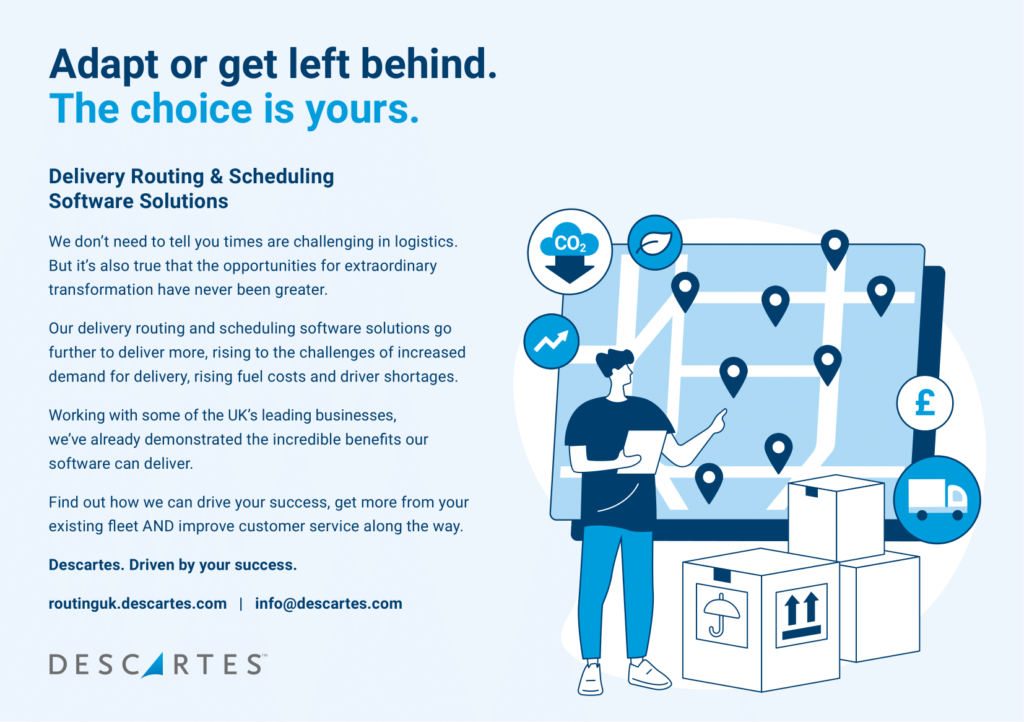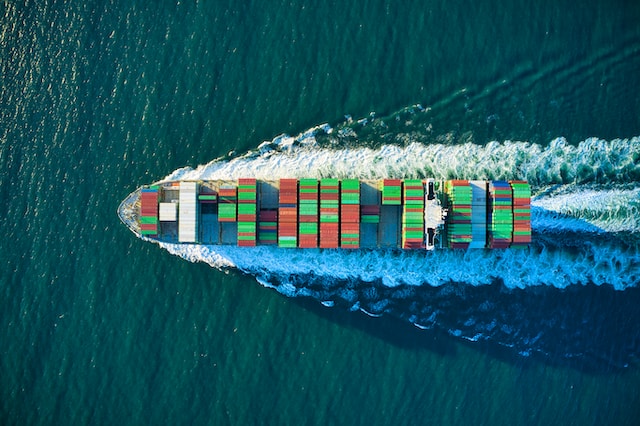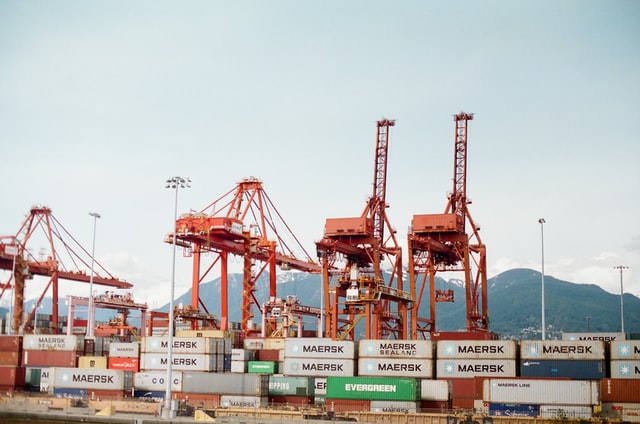Cargo theft is a serious problem for all parts of the supply chain and billions are lost each year. Companies risk exposing themselves by not following procedures and not educating their employees enough. We spoke to Barry Conlon, CEO of Overhaul, about different ways organisations can protect their cargo, what to look for, and how to evaluate the weakest link in your supply chain. You can watch the full video interview below. You can read more from our March digital magazine here.

Join Overhaul on the 24th May at our London Logistics Networking. We will talk about sustainable supply chains and how organisations and logistics leaders can overcome the challenges of transitioning.
‘Cargo theft is a big problem for all modes,’ begins Barry Conlon, CEO of Overhaul. ‘You can steal a million-dollar load relatively easily.’ Often gangs are well-organised and their logistics operations are comparable to those of the most professional supply chain companies.
The first question companies would get asked by the police is whether the cargo was insured. ‘The insurance industry takes this very seriously,’ Barry says in his interview. Shippers can do a few things to prepare and make sure they have taken all reasonable actions to secure their cargo. The first thing is to know what is happening with the cargo and who handles it. This sounds easier than it is as many shippers rely on freight forwarders who naturally use many subcontractors.

For many shippers by the time they are told there was a problem, it is too late. ‘Many shippers know there is something wrong only when the freight forwarder contacts them to tell them they have lost the load and are trying to find it,’ Barry says.
Understanding the environment
Barry believes that there are signals that can indicate something is wrong and show before the theft. When companies know where their shipment is, who is handling it, and more, they can minimise the impact and the risk.
‘The weakest link is almost always human-related,’ Barry explains. ‘Usually, they are doing something they should not be doing or are not following a specific procedure. Often this is not intentional but because the person has not been trained properly.’
In most cases, partners don’t know they are exposing the cargo to risk. A courrier at the other end of the world might be doing something that they consider absolutely normal and that is making you more vulnerable to theft. Barry’s company is interacting with the human on the ground, who is handling the delivery. Often this means collaborating with drivers and those who physically handle the cargo and help them to protect it.
You can watch the full video interview with Barry Conlon from Overhaul below to learn more about cargo theft, the weakest links, and how to counteract them. ✷

